
Based on subgroup analyses of over 500 younger patients with intermediate-risk disease, the researchers say measurable residual disease (MRD)-guided decisions may help achieve better outcomes postremission.
Jaime is a freelance writer for The American Journal of Managed Care® (AJMC®), where she previously worked as an assistant editor.
She has a BA in print journalism from Penn State University. You can connect with Jaime on LinkedIn.

Based on subgroup analyses of over 500 younger patients with intermediate-risk disease, the researchers say measurable residual disease (MRD)-guided decisions may help achieve better outcomes postremission.

Based on difference-in-difference (DID) analysis, genomics-informed treatment increased time to treatment discontinuation by an estimated 3 months and increased costs by an estimated C$90,000—equivalent to approximately US$72,000—compared with standard care treatment.

However, researchers also noted that similar to chimeric antigen receptor (CAR) T-cell therapy, CAR-NK cell treatment comes with its own set of challenges.

The findings, coming from nearly a decade’s worth of retrospective data on patients aged at least 65 years, offer real-world evidence on the treatment’s impact on survival.
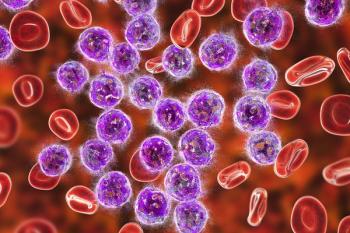
The researchers outlined patient selection for treatment, adverse event management, and future strategies for the treatment of these patients.
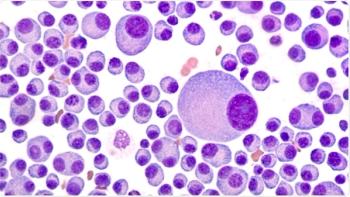
Two abstracts presented recently at the American Society of Clinical Oncology annual meeting offered promising data for 2 CAR T-cell therapies, one in relapsed/refractory B-cell acute lymphoblastic leukemia (B-ALL) and one in R/R multiple myeloma.

The findings, say the researchers, highlight a need for prognostic models specific to patients with prefibrotic primary myelofibrosis (pre-PMF).

Years of research has shown that in cancers like melanoma, liquid biopsy enables the detection of biomarkers, such as circulating tumor cells, circulating tumor DNA, and exomes.

This finding, say the researchers of the study, suggests an ongoing need for research and novel therapies for patients with the rare disorder.

Based on the prognostic value observed in the study, the researchers suggest that evaluating circulating tumor DNA (ctDNA) status as early as within a week of surgery could aid in risk stratification of patients and decision-making for postoperative management.

The study included over 900 patients with hematologic cancers who were hospitalized with COVID-19, revealing that giving patients plasma from people who have recovered from the virus improved the rate of 30-day mortality.

Yescarta, the first and only approved chimeric antigen receptor T-cell therapy for these patients, was shown to achieve durable responses in a majority of patients and reduced the risk of death compared with other treatments.

New research presented at the 2021 American Society of Clinical Oncology Annual Meeting is painting a clearer picture of what drives differences in mortality and outcomes for patients with prostate cancer. Black men with prostate cancer have higher incidence of both.

Presented as an abstract at the European Hematology Association 2021 Virtual Congress, the study results showed the novel combination resulted in early disease modification among 34 patients.

Previous research has suggested the efficacy of chimeric antigen receptor natural killer (CAR-NK) cells in hematological malignancies, and more recently, preclinical findings have raised the question of whether the type of treatment could be a viable, potentially more attractive option for solid tumors.

The novel agents are a result of a greater understanding of the conditions and may modify the diseases’ course and cytoreduction, researchers said.

The study explores data on liquid biopsy approaches outside of circulating tumor DNA—a commonly used approach for liquid biopsy—and includes novel methods like non-coding RNA.

Researchers discussed novel biomarkers—both established and not fully validated—being assessed in the time of targeted therapies for chronic lymphocytic leukemia (CLL).

Patients with glaucoma who were tested under a quantum dot LED were able to better distinguish differences in color, indicating that the quality of light systems may have an impact on color discrimination.

Various clinical trials are assessing the potential of neoantigen-based cancer vaccines.
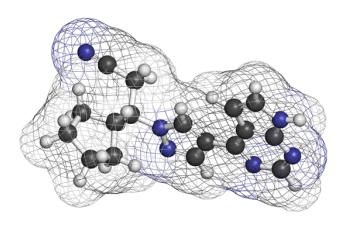
The study of 57 patients with acute graft-versus-host disease (aGVHD) also showed that patients tolerated the treatment, offering promise for preventing and managing the complication of transplantation, which affects up to half of patients.
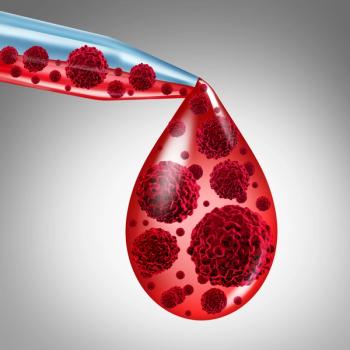
According to researchers, type 2 inhibitors do not seem to result in persistence of disease. In one mouse model, the inhibitor type was shown to also have a greater effect on disease biology.

Researchers outlined novel approaches to prevent and manage cytokine release syndrome (CRS), which occurs frequently in patients receiving chimeric antigen receptor T-cell therapy.

The exploration of the MAPK pathway has come as researchers look for new therapeutic targets for acute myeloid leukemia (AML), which still faces resistance to novel treatments like FLT3 inhibitors and subsequent relapses.

Researchers underscored the importance of addressing these barriers, as artificial intelligence may offer improvements in clinical decision making, broaden access to care, and improve clinical efficiency.
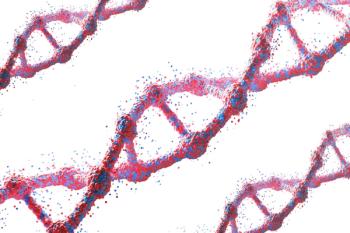
There are no curative treatments for Tangier disease, but gene therapy for ABCA1 has been highlighted as a potential avenue for treating the disease, say the researchers of the paper.
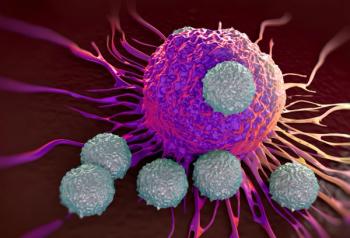
Researchers say increase in immunotherapy was significant over the study period between 2016 and 2018.
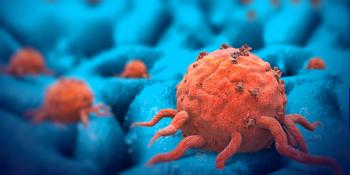
As a validated health-related quality of life (HRQOL) measurement is not widely used among patients receiving this type of treatment, trials take advantage of traditional HRQOL tools.

According to researchers, the findings suggest that receiving ibrutinib improves the activity of anti-CD19-CAR T cells.
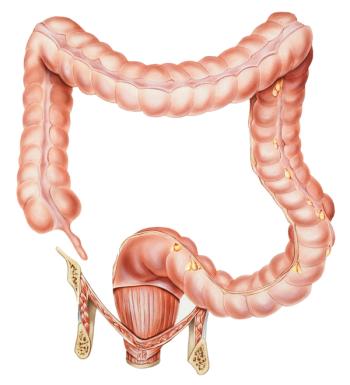
Using biomarkers to guide treatment decisions are increasingly being leveraged across various cancers, and metastatic colorectal cancer (mCRC) is no exception. However, the positivity rates of these biomarkers can differ across different patient characteristics, according to a recent study.

259 Prospect Plains Rd, Bldg H
Cranbury, NJ 08512
© 2025 MJH Life Sciences®
All rights reserved.
